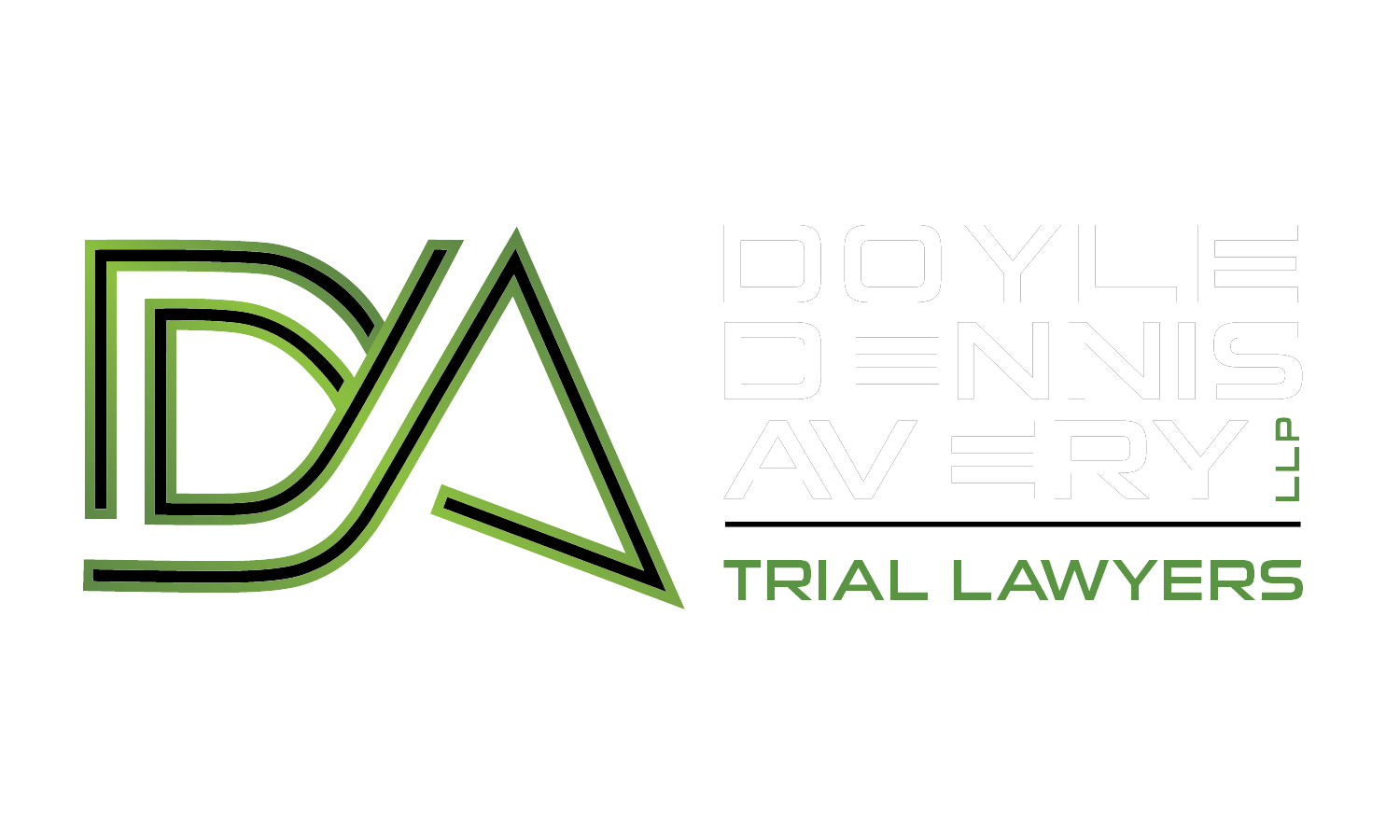Food Safety
Doyle Dennis Avery LLP represents whistleblowers have reported safety violations relating to food safety in virtually all stages of processing and selling food. In particular, Section 1013 of the Federal Food, Drug, and Cosmetic Act, 21 U.S.C. 399d protects whistleblowers from retaliation or wrongful termination if they made protected reports related to food safety.
Who is protected by the FSMA?
The FSMA applies and protects employees who work for entities engaged in the manufacture, processing, packing, transporting, distribution, reception, holding, or importation of food. While Congress did not define these terms in the FSMA, the FDA has provided a definition. Generally, “[m]anufacturing” or “processing” means making food from one or more ingredients, or synthesizing, preparing, treating, modifying, or manipulating food, including food crops or ingredients. Similarly, “[p]acking” means placing food into a container other than packaging the food. “Packing” also includes sorting, culling, grading, and weighing or conveying food. “Holding” means the storage of food and includes activities performed incidental to the storage of a food, such as fumigating food during storage. “Holding” also includes activities performed as a practical necessity for the distribution of that food. Holding facilities could include warehouses, cold storage facilities, storage silos, grain elevators, and liquid storage tanks
What types of employers are covered by the FSMA?
The FSMA may apply to a broad range of entities involved in the food industry. Some general examples may include:
- Grocery Stores;
- Food shipping;
- Restaurants;
- Food warehouses;
- Food testing laboratories;
- Large farms;
- Grain elevators;
- Feed and feed ingredient
- Pet food manufacturers;
- Grain processors;
- Liquid storage tanks;
- Some biofuels producers; and
- Exporters of grains, feed and feed ingredients, and processed commodities.
What is protected?
Under the FSMA, an employer may not retaliate against an employee for any of the following protected acts:
- Providing, causing to be provided, or being about to provide or cause to be provided to the employer, the Federal Government, or the attorney general of a State information relating to any violation of, or any act or omission the employee reasonably believes to be a violation of any provision of the Federal Food, Drug, and Cosmetic Actor any order, rule, regulation, standard, or ban under the Federal Food, Drug, and Cosmetic Act;
- Testifying or being about to testify in a proceeding concerning such violation;
- Assisting or participating or being about to assist or participate in a proceeding concerning such violation; or
- Objecting to, or refusing to participate in, any activity, policy, practice, or assigned task that the employee (or other person) reasonably believed to be in violation of any provision of the Federal Food, Drug, and Cosmetic Act, or any order, rule, regulation, standard, or ban under the Federal Food, Drug, and Cosmetic Act.
What is Retaliation?
Under the FSMA, a covered entity may not “discharge, demote, suspend, reprimand, or in any other way discriminate” against a worker because of any protected activity listed in the FSMA. Generally, Courts have defined adverse action as any firing, termination, suspension, demotion, and other similar negative acts.
How can I prove retaliation?
To prove a claim under the FSMA, an employee needs to show that they engaged in a protected act under the NTSSA, the employer subjected them to an adverse action, that the employer knew about the protected act, and that the act was a contributing factor in the adverse action. Just like other federal statutes, the FSMA applies the contributing factor standard for causation. Thus, to prove causation, the worker must show that the protected act was a factor which, alone or with other factors, in any way affects the outcome of a decision.
How do I file a claim or lawsuit?
Under the FSMA, an aggrieved worker must file a claim with OSHA within 180 days of the retaliation. After receiving the complaint, OSHA initiate an investigation, and, ultimately, issue findings regarding the claim. The employer or employee may request a hearing with an Administrative Law Judge – a judicial officer who will decide the issue de novo. This process includes discovery and testimony before the ALJ. Once the ALJ makes a decision, the employer, employee, or OSHA may appeal to the Secretary of Labor. The employee may file a lawsuit in federal court if either the Secretary has not ruled on the appeal after 210 days from the filing of the complaint or within 90 days after receiving OSHA’s findings
What Damages are available?
The FSMA authorizes claims for damages for lost wages, pain and suffering/mental anguish, compensatory damage, punitive damage, and attorney’s fees.
Copyright © 2026 Doyle Dennis Avery LLP Trial Lawyers. All rights reserved. Powered By Blue Beam LLC
The information on this website is intended for general informational purposes only and is not legal advice for any individual case or situation. Viewing or receipt of content on this website does not create an attorney-client relationship between the user and Doyle Dennis Avery LLP.
The cases, verdicts and settlements displayed on this site are solely for illustrative purposes and should not be considered a guarantee or prediction of the outcome of any other claims or cases. Each case is unique, and past outcomes are not indicative of future results.
We recommend that users consult with an attorney for legal advice on any questions or concerns they may have. Users rely on the information on this website at their own risk.
